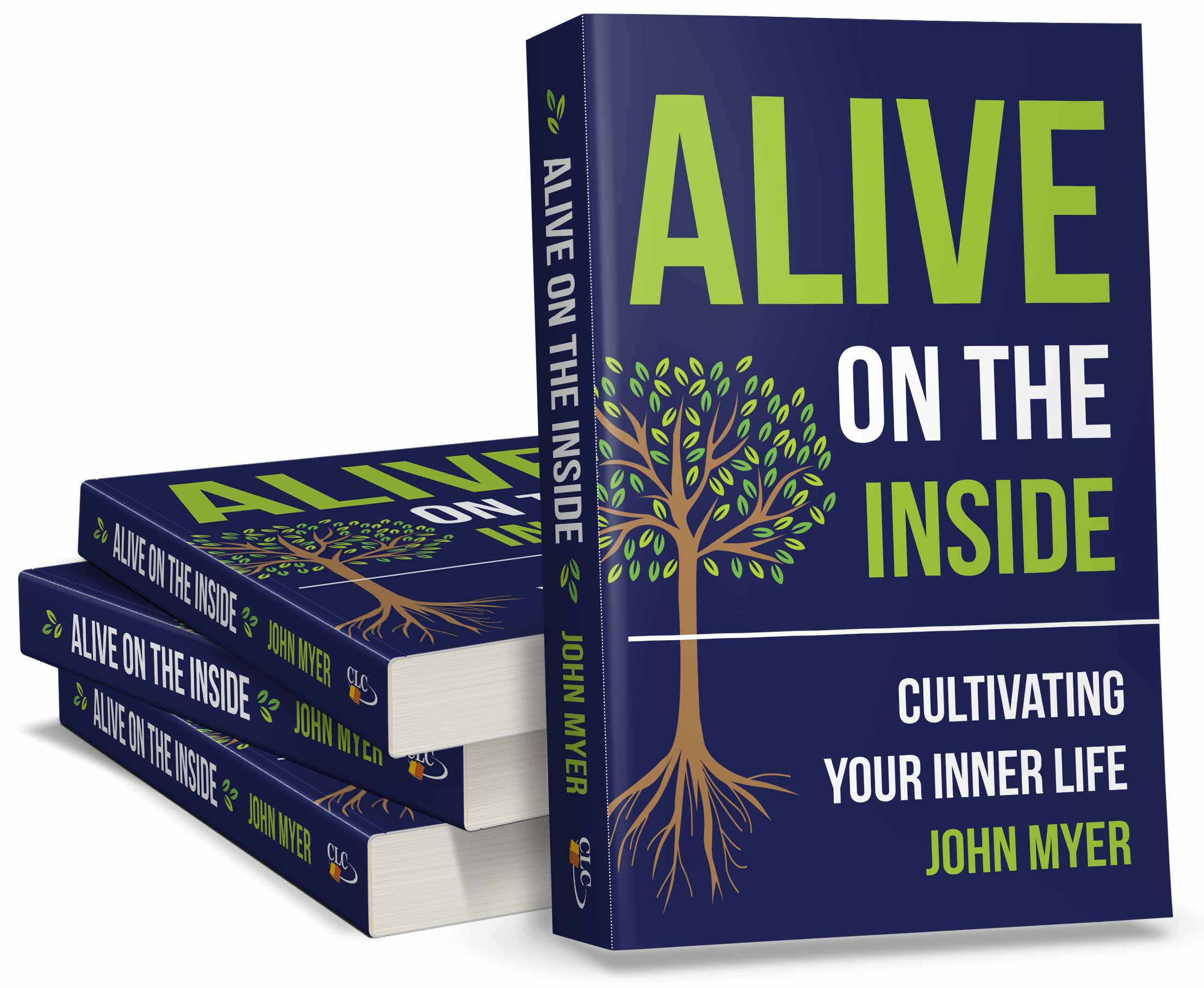In Kindergarten I invented an evil doppelganger. He happened to be a real kid at my school who was also named Johnny. Every bad thing I did, I blamed on him. After class every day, I told his deeds to my parents and enjoyed their horrified reactions, like the time that “other” Johnny barged into the girls’ bathroom, or broke toys in the play area.
The weird part was that the more I falsely reported the other Johnny, the better I felt about myself.
Self-justification frequently involves lying, especially to yourself. It requires a lot of practice.
“Psychology professor Kerri True explained, ‘If I tell the lie to multiple people, I’m rehearsing the lie.’ And rehearsing a lie seems to enhance it. ‘The more you repeat something,’ Chrobak said, ‘the more you actively imagine it, the more detailed and vivid it becomes,’ which further exploits the brain’s tendency to conflate detail with veracity.” (1)
There’s a certain misunderstanding that keeps this circuitous game going. Namely, that falsehood is preferable, because it protects the self from injuries that truth might otherwise inflict.
This kind of self-deceit can go a long way, carrying long-term effects. In my case, I built up the “other Johnny” to my parents (and myself) to the extent that I was an angel, and he was a regular Dennis the Menace. When parent-teacher night finally came, the sham was fully exposed. Mom and Dad found out I was doing everything I had blamed on that other poor kid. They were flabbergasted. I remembered looking down at my shoes a lot that night. I hadn’t yet grown into the ability to lie like an adult, with all the tools of blaming, doubling down, gaslighting, or simply changing reality to suit my narrative.
I see this on college video clips, where, within thirty seconds of political or social debate, kids accidentally reveal that they haven’t thought anything through. They’re hotly protesting something, but as facts and statements begin to double back and contradict each other, the conversation increasingly degrades into dystopian logic. To them, nothing, it seems, is worse than facing truth.
I believe all of our weird refusal of reality begins with a rejection of truth concerning God.
“Hear, O heavens, and give ear, O earth;
for the Lord has spoken:
‘Children have I reared and brought up,
but they have rebelled against me.
The ox knows its owner,
and the donkey its master’s crib,
but Israel does not know,
my people do not understand’” (Isa. 1:2-3)
As the prophet said, a domestic animal can recognize its keeper, but sinful humans don’t recognize the rights of God over them. We’ve practically invented this kind of ignorance, perfecting it through rehearsal of deceit. We’re therefore free to spiritually, psychologically, and physically rot.
Nobody ever had a more difficult burden to bear than this kind of independence.
Even if your “freedom” has hurt you terribly, perhaps damaged someone else’s life, you have to keep your chin up and insist on continuing your self-selected path. “I did it my way,” Sinatra once sang, but God would point out that from head to toe, “your way,” has covered you with injuries.
The prophet said,
“…The whole head is sick,
and the whole heart faint.
From the sole of the foot even to the head,
there is no soundness in it,
but bruises and sores
and raw wounds;
they are not pressed out or bound up
or softened with oil” (Isa. 1:5b-6).
The truth didn’t do this to you.
If all else is lost, the self-justifying soul can throw down the big ace, which is religious involvement. That means giving time and money until it hurts. I remember trying this one out, in order to assuage a wounded conscience. I hated it. God wasn’t thrilled over it, either.
“What to me is the multitude of your sacrifices?
says the Lord;
I have had enough of burnt offerings of rams
and the fat of well-fed beasts;
I do not delight in the blood of bulls,
or of lambs, or of goats” (Isa. 1:11)
Finally, for many of us, the charade becomes too ridiculous to go on. Somehow, under the winsome persuasion of the Holy Spirit, what God has to offer makes a lot more sense than the fictions we’ve created.
“Come now, let us reason together, says the Lord:
though your sins are like scarlet,
they shall be as white as snow;
though they are red like crimson,
they shall become like wool” (Isa. 1:18).
The secret does not lie in superior skills of self-deception, but in bringing our many sins to Christ. When someone does this, scripture tells us, “They have washed their robes and made them white in the blood of the Lamb” (Rev. 7:14b).
Nothing ever felt so good and right in my life than the moment it happened to me. The truth that had seemed so threatening and to be avoided at all costs had done just as Jesus had promised: “…the truth will set you free” (John 8:32).
Having tasted the bitter freedom from Christ, I’m having a much better time enjoying the glory of freedom in Christ.
1. Source: Todd Brewer, “Falsehood Fatigue,” Mockingbird (8-18-23).
Purchase John’s new book here!
This is an updated edition of a post originally published on John Myer
Featured Image by Alex Sawyer on Unsplash





















Comments are closed.